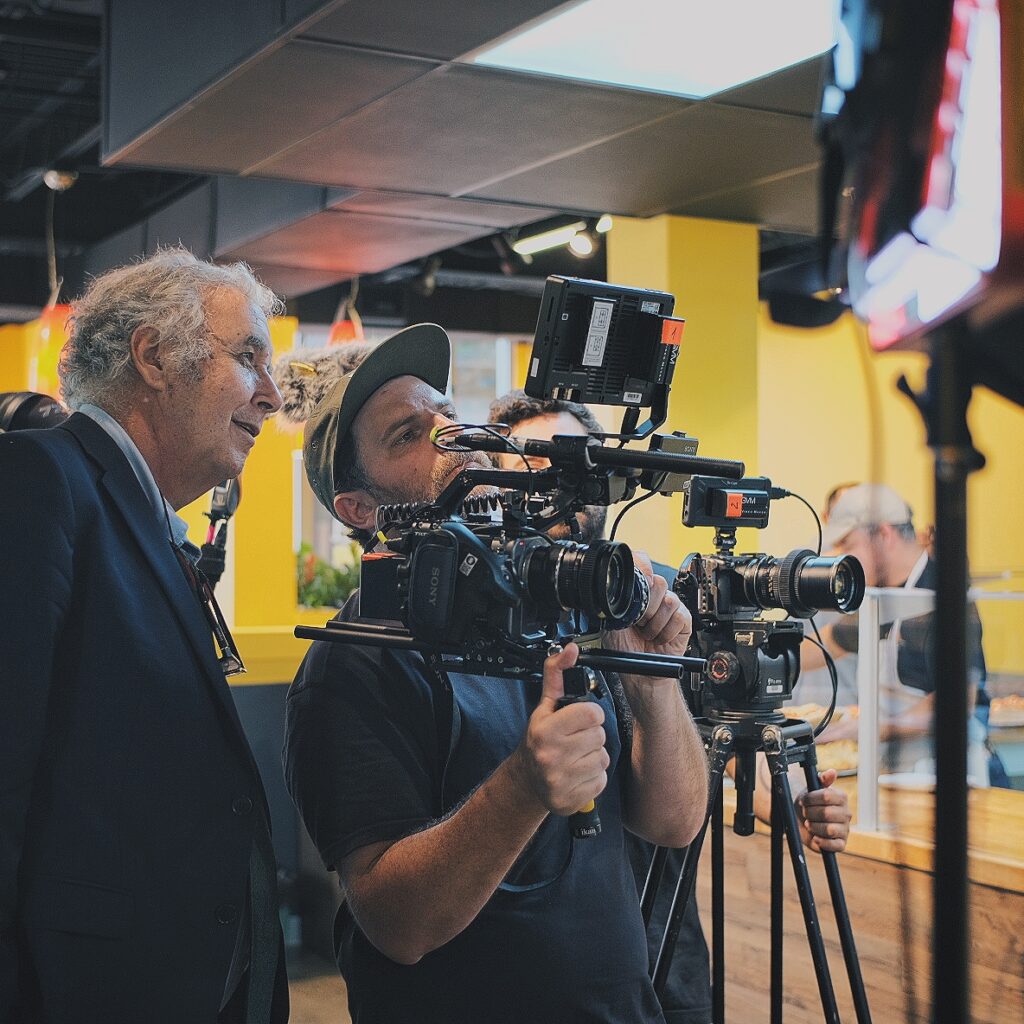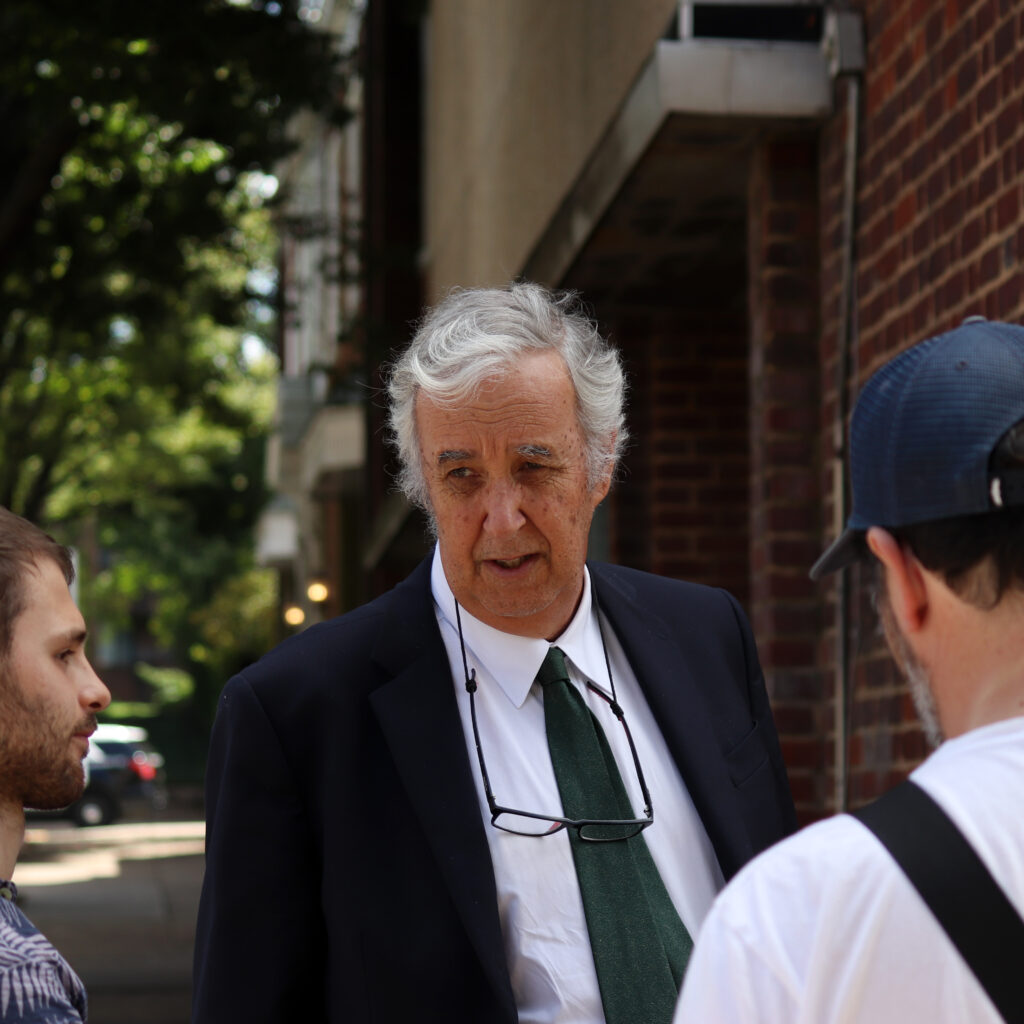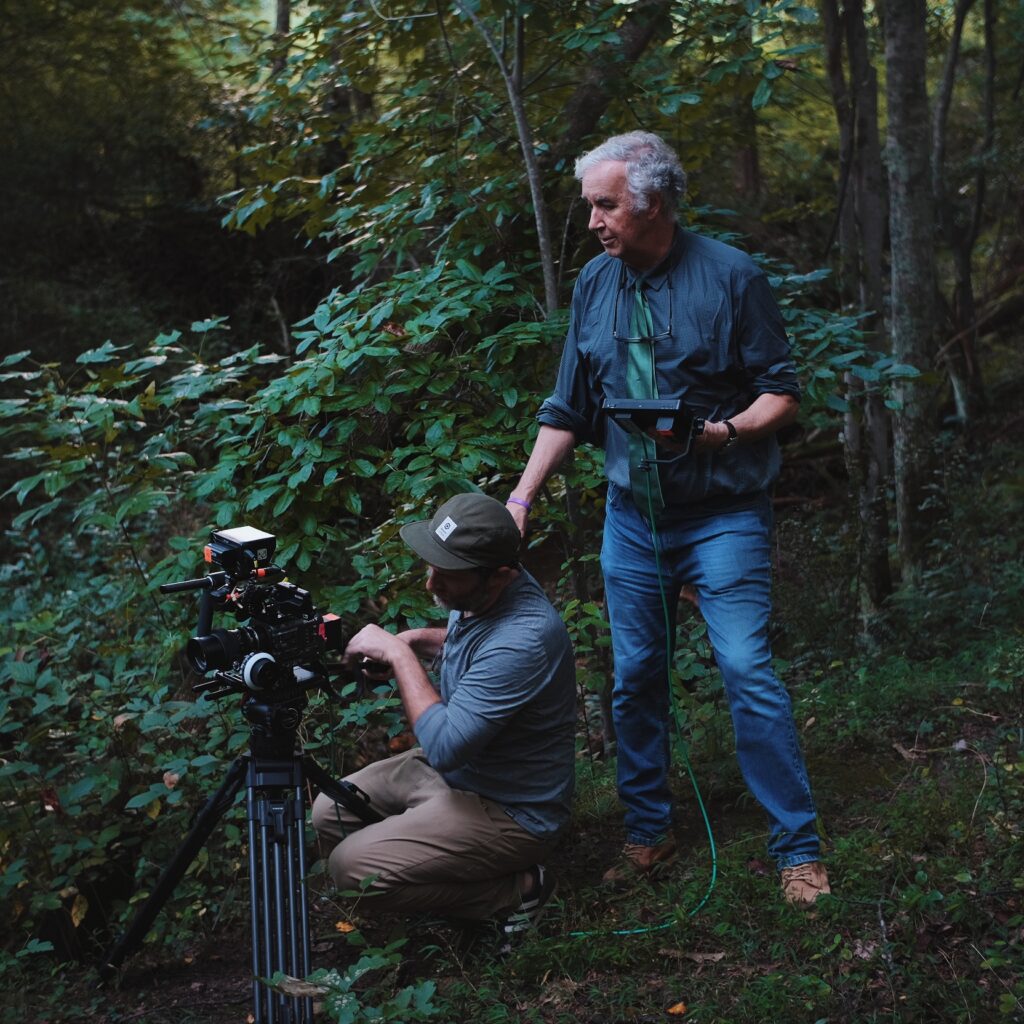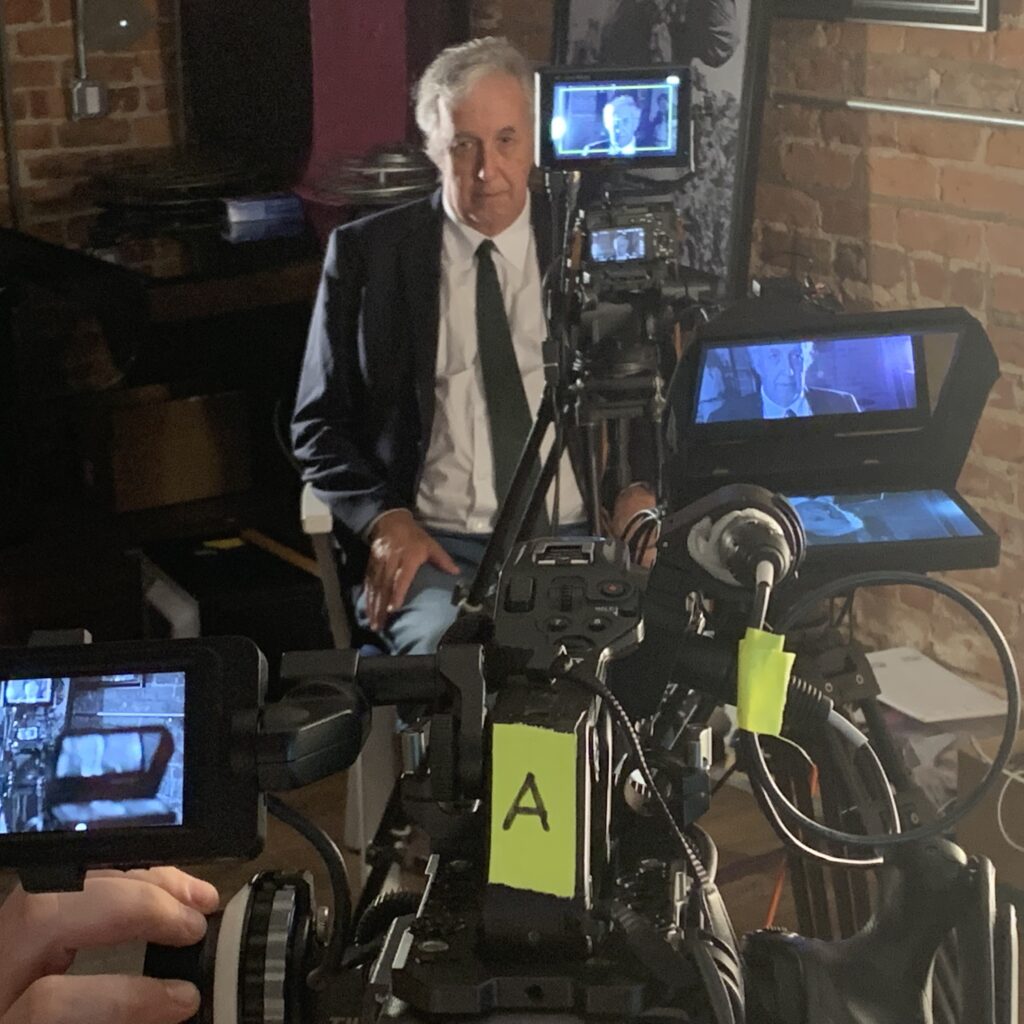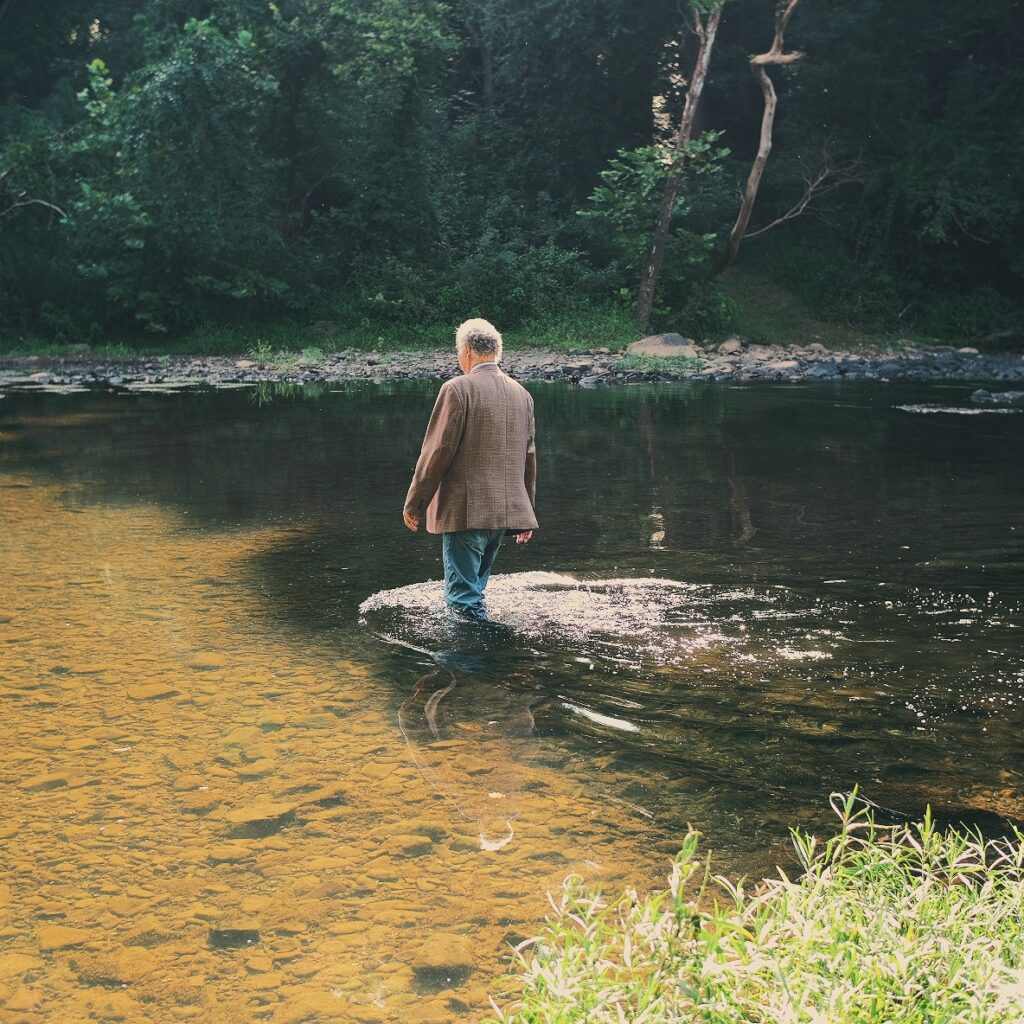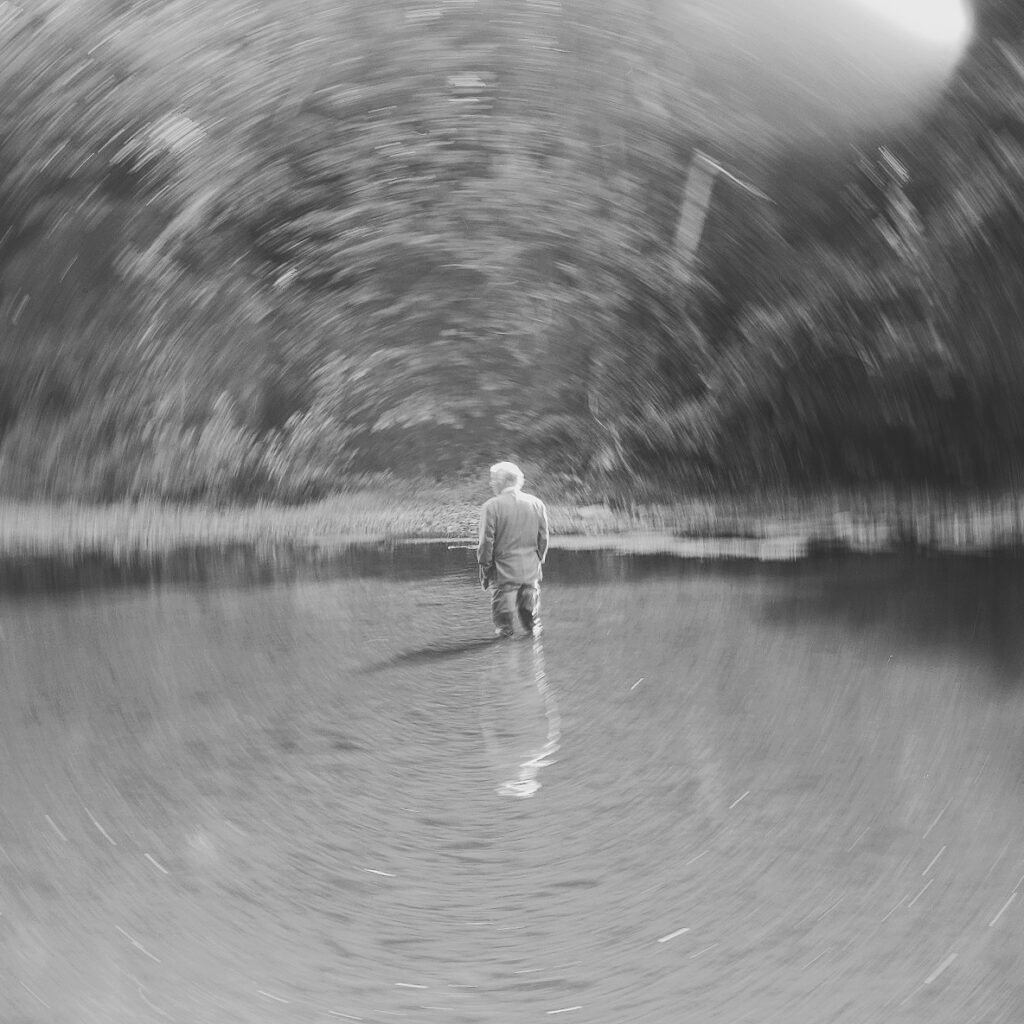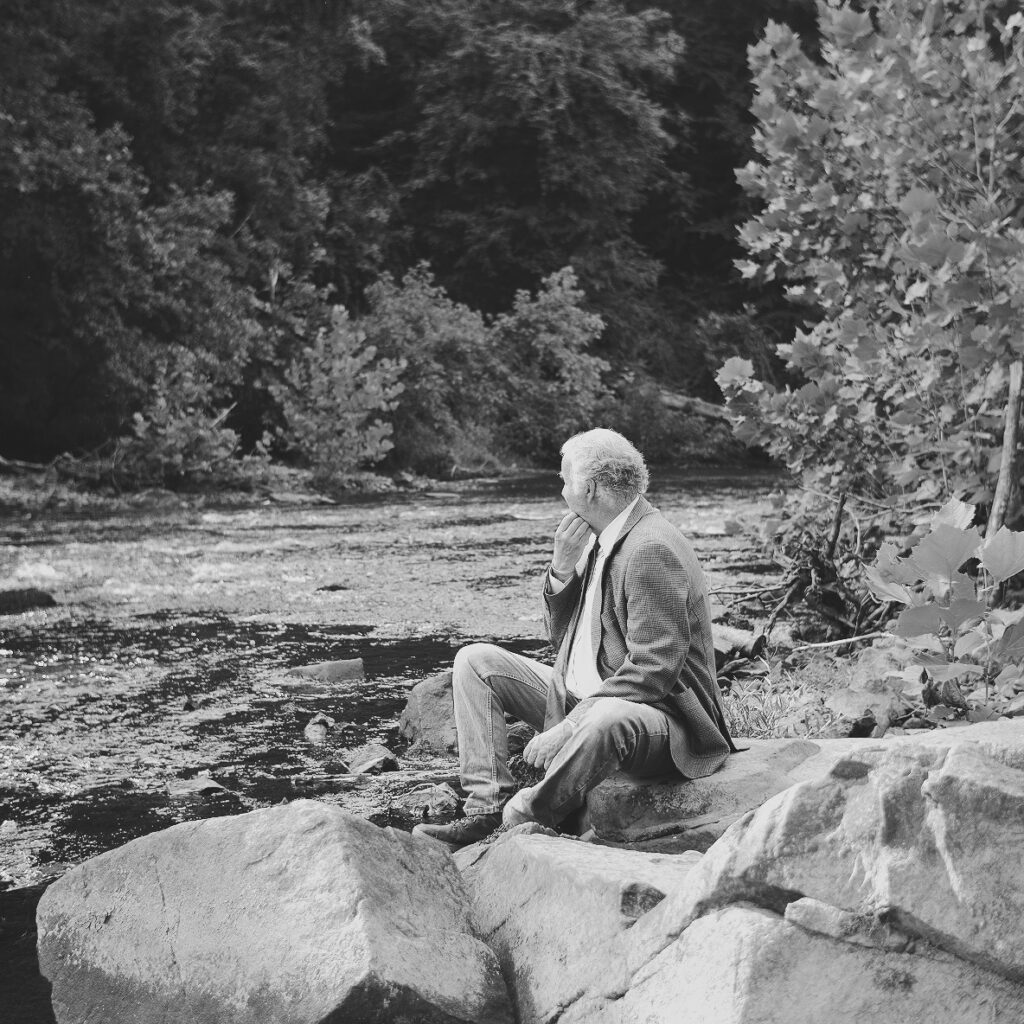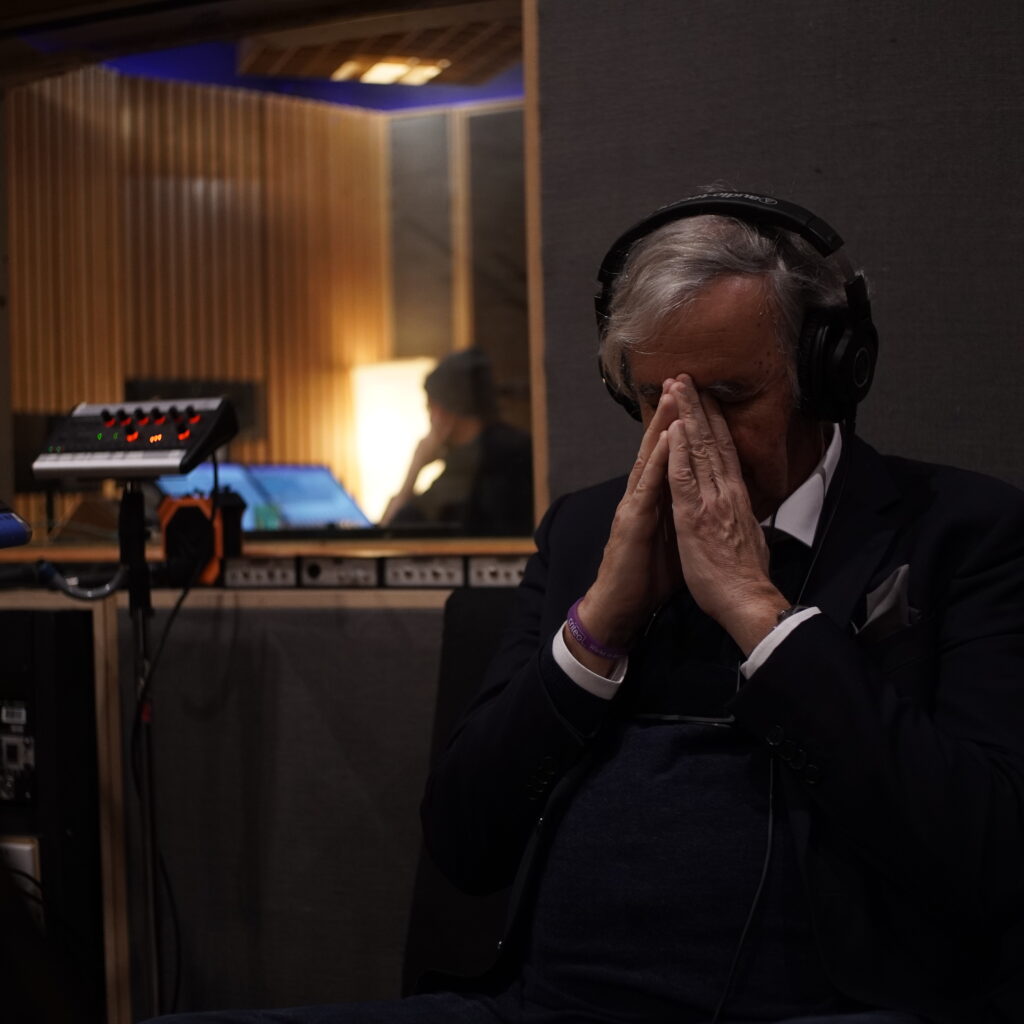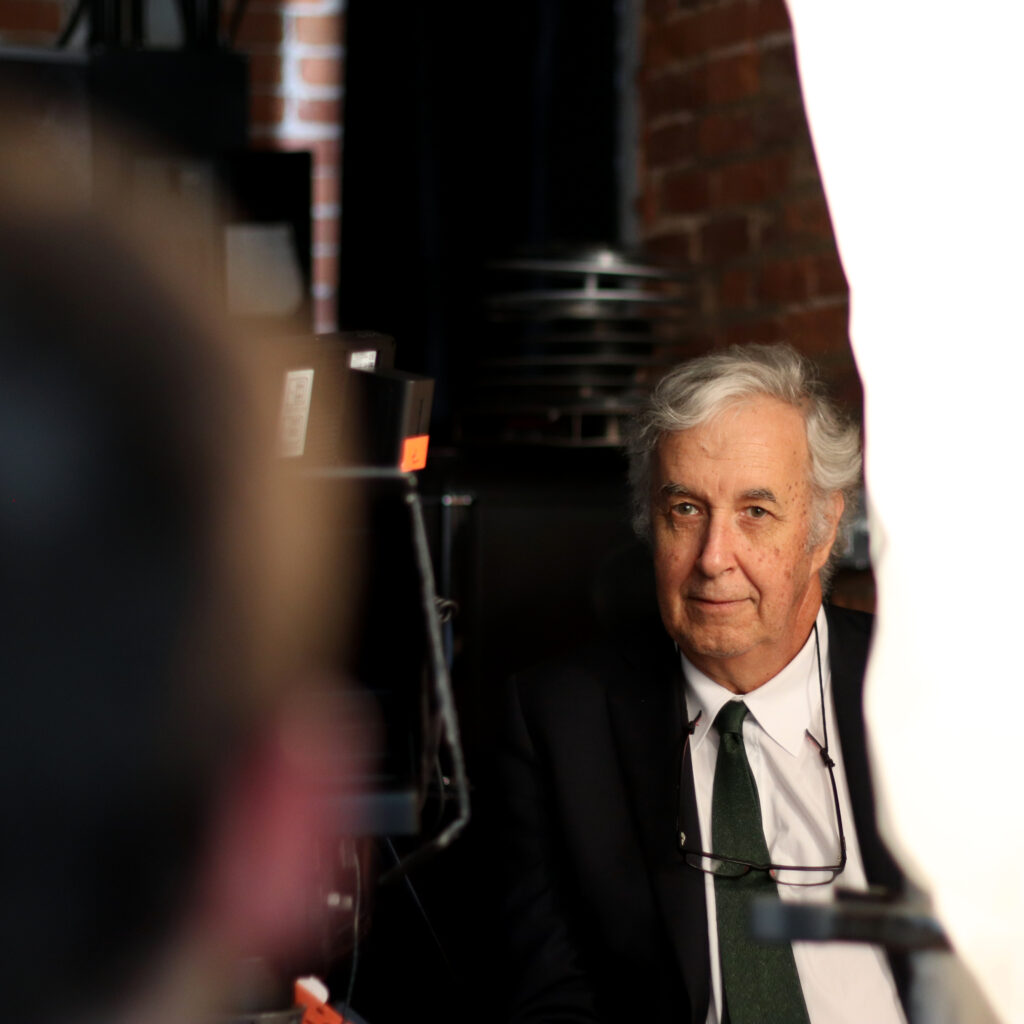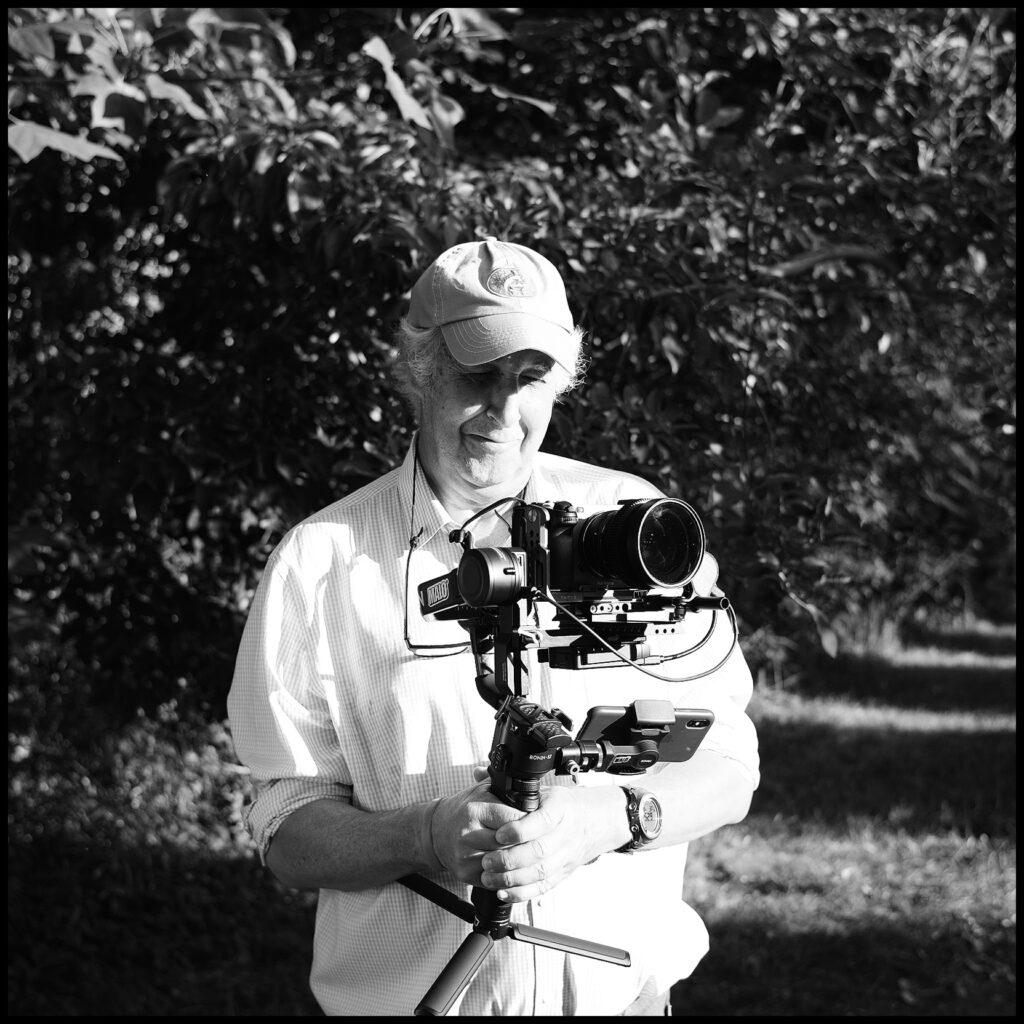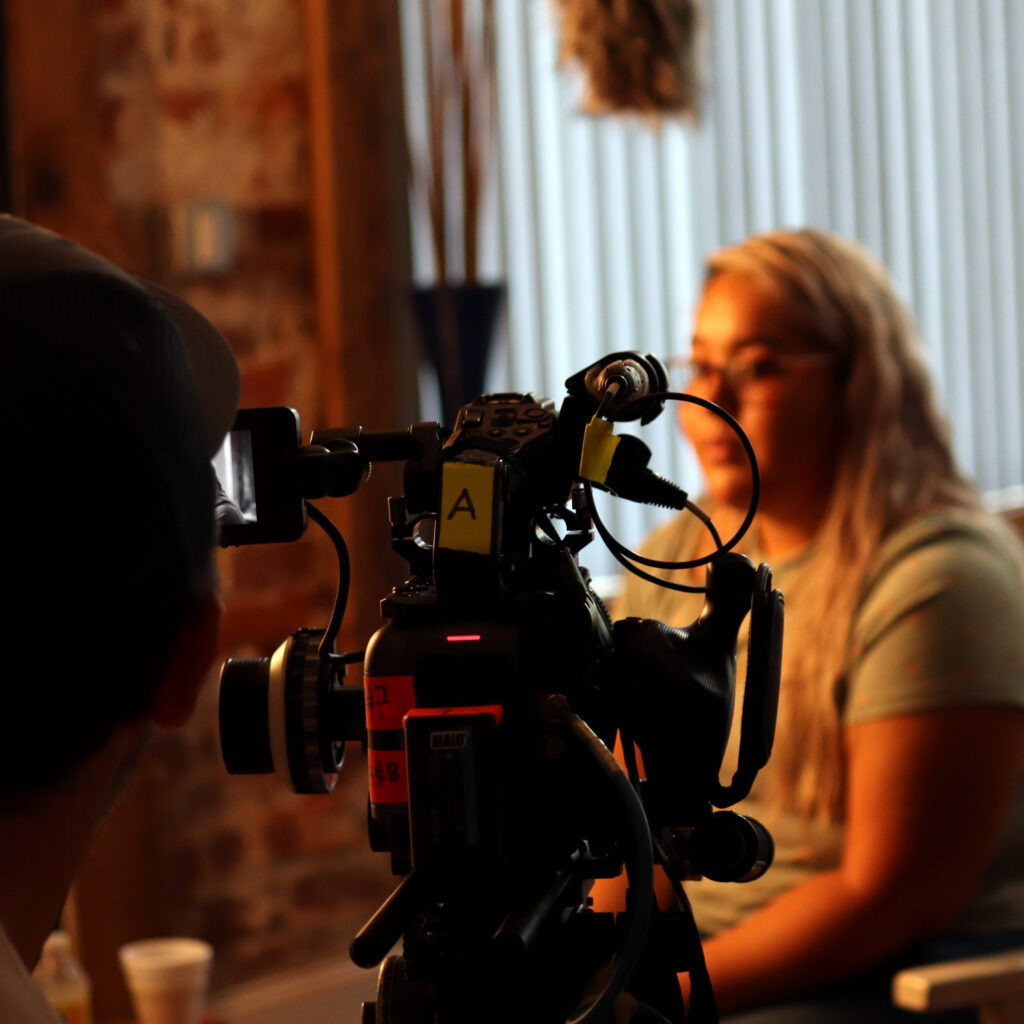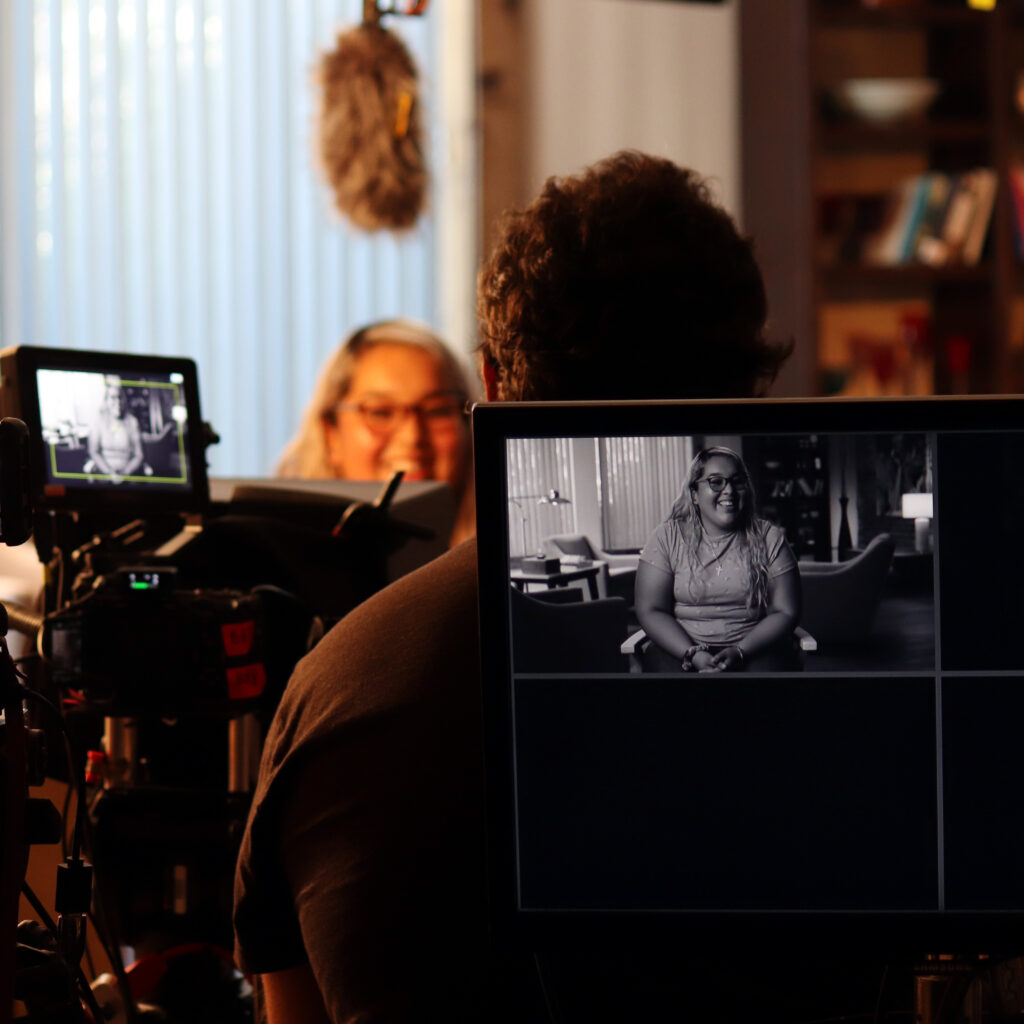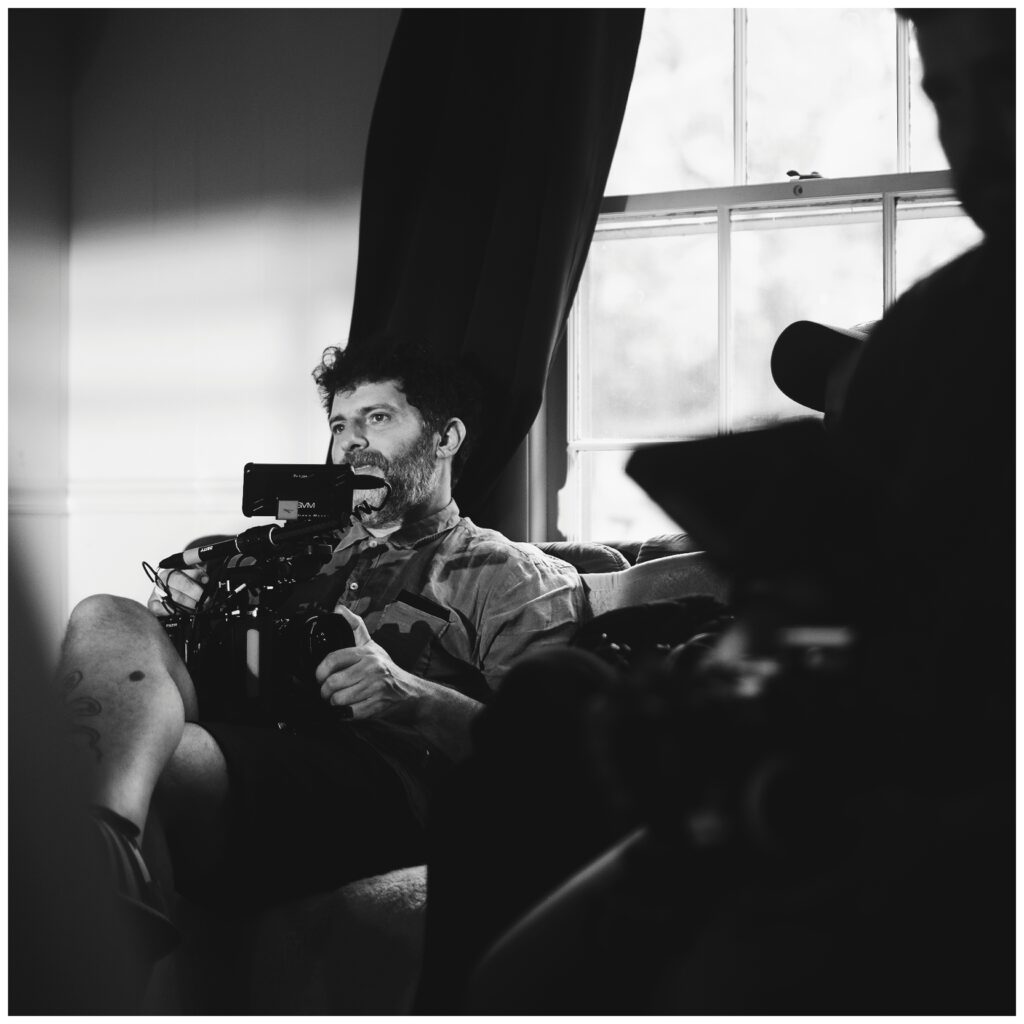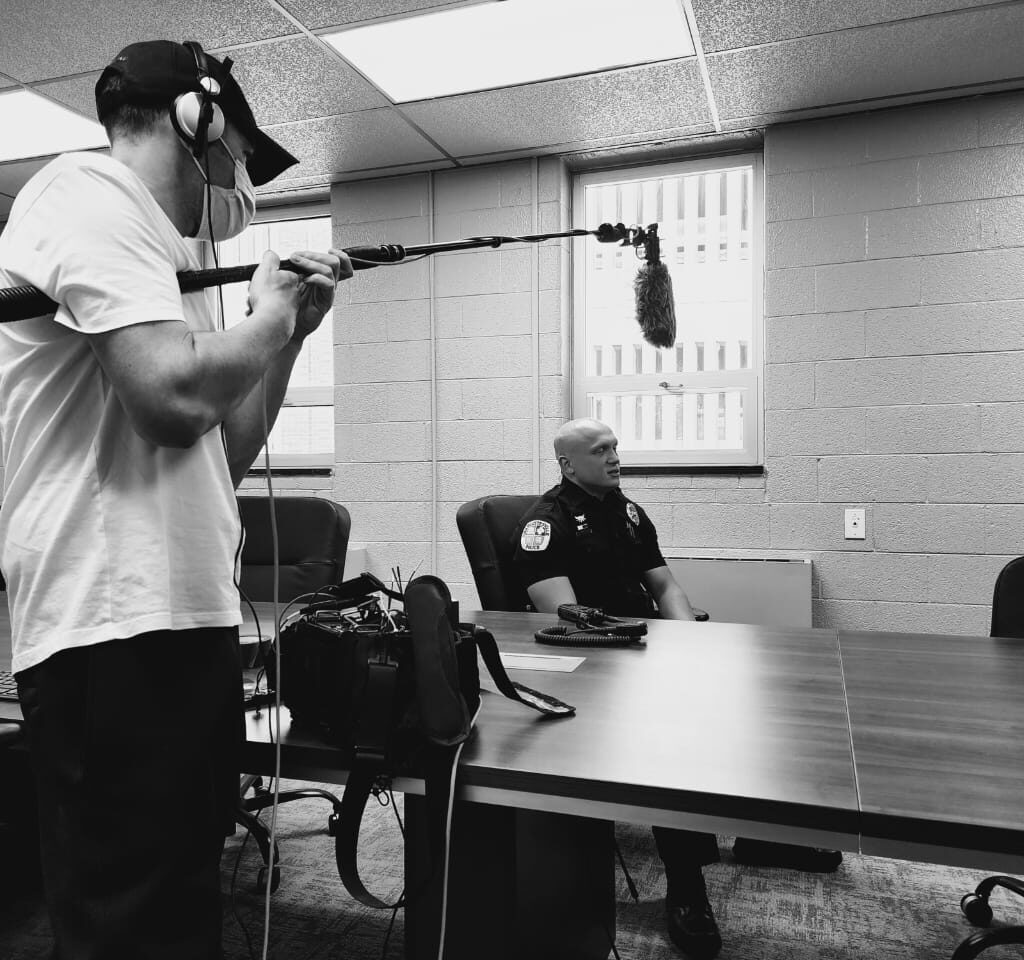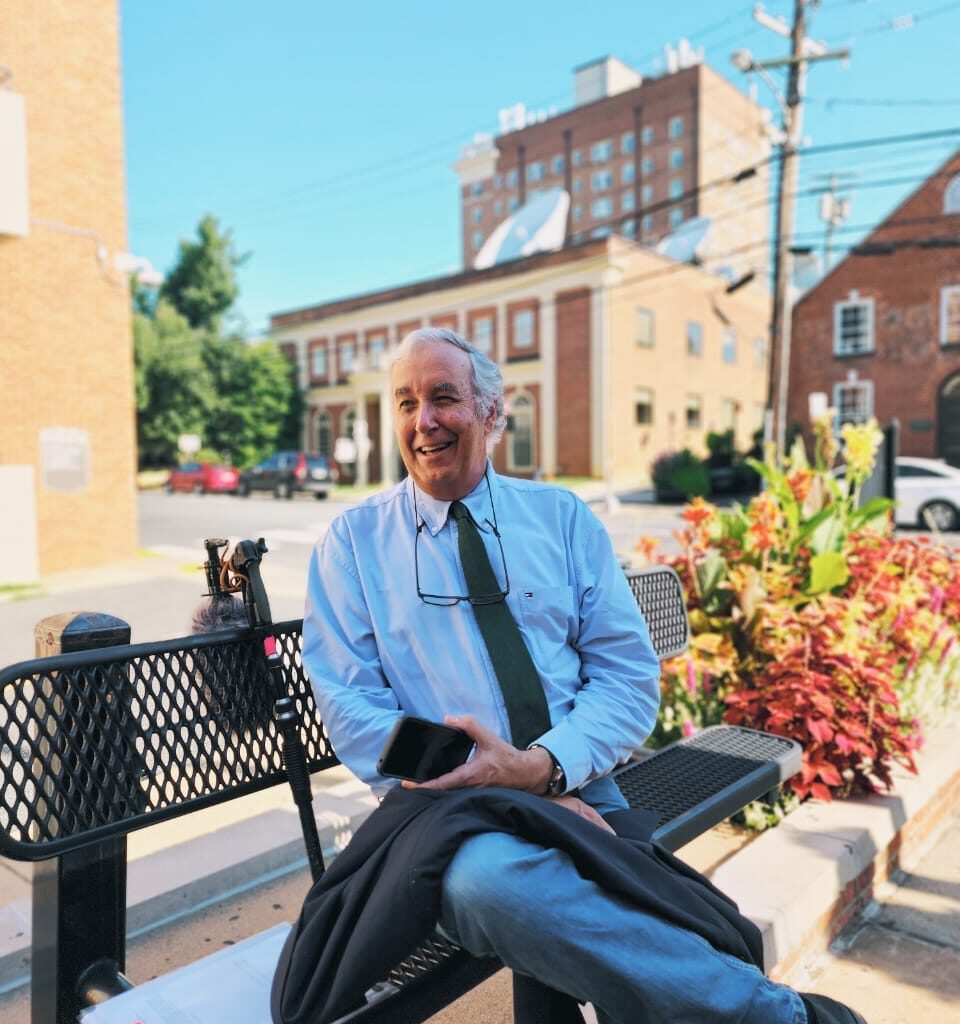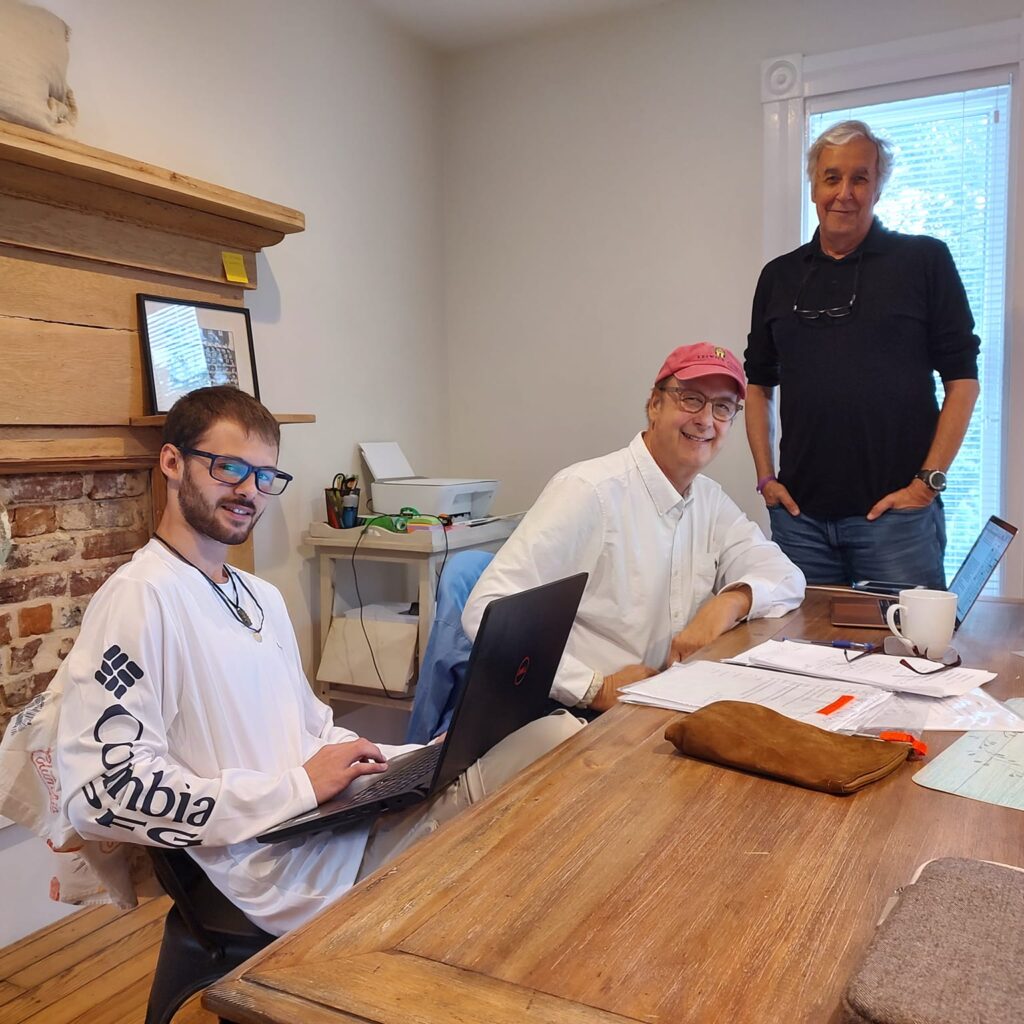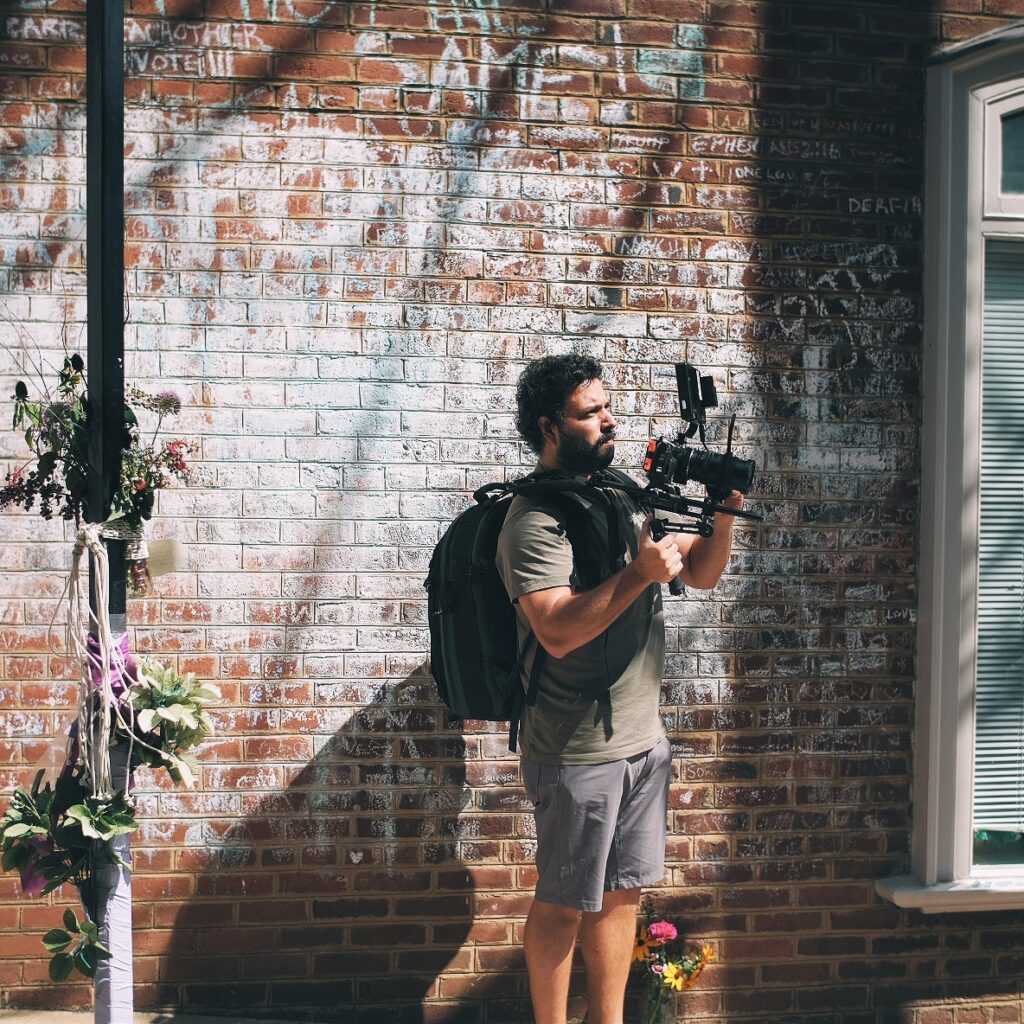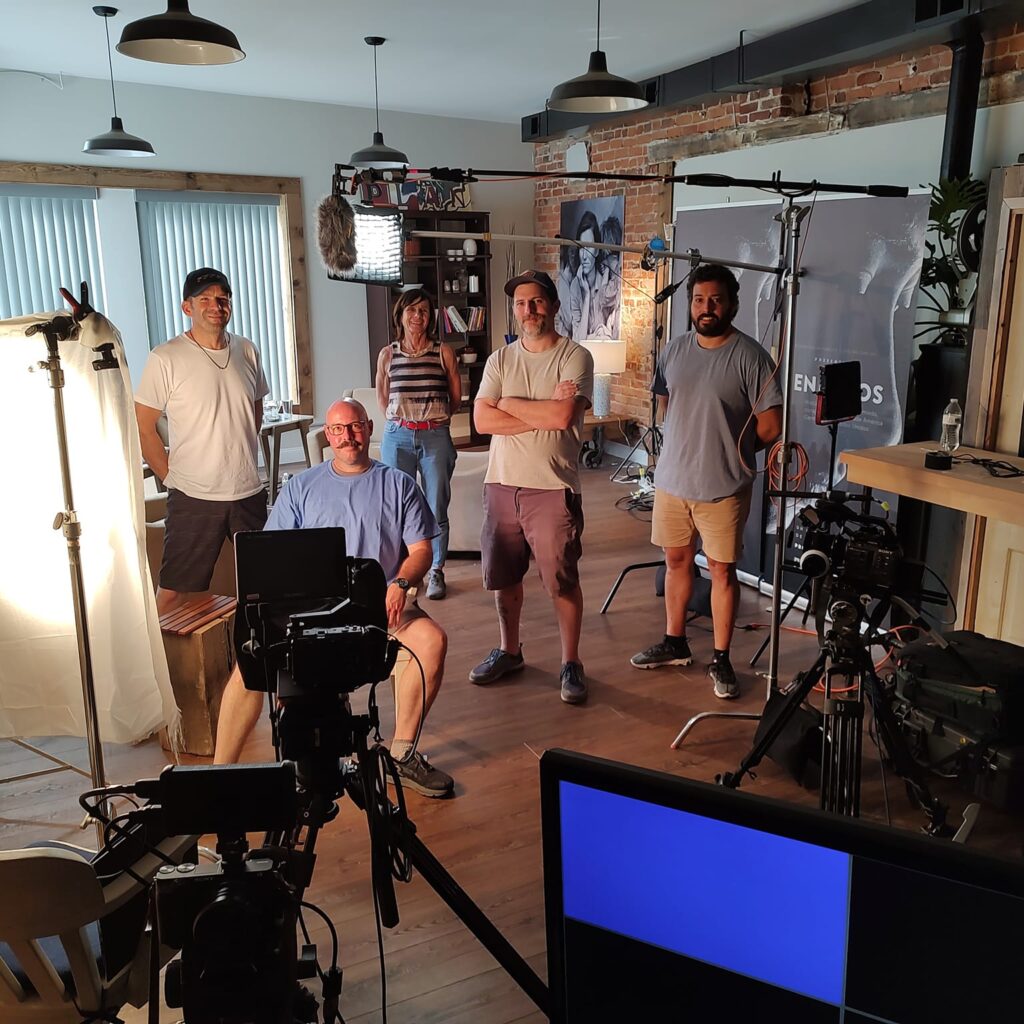
PRESS
Press Notes
Sometime, Somewhere - A reality that happens all the time, everywhere.

The film “Sometime, Somewhere” portrays the stories of Latino immigrants in the city of Charlottesville, Virginia, United States. Through interviews and first-person testimonies, the film sheds light on the experiences of individuals who came to these lands in search of new opportunities, only to face heartbreaking emotional and social obstacles.
The film begins by exposing episodes of explicit racism, where the affected Hispanics respond with dignity and integrity. It also highlights solidarity and mutual support within the immigrant community, demonstrating the strength found in adversity.
One of the crucial issues the film addresses is the paradox of a society that discriminates against immigrants while using them to do jobs that no one wants to do.
Directed by Ricardo Preve (who also makes his contribution to the film as an immigrant of Argentine origin), “Sometime, Somewhere” is a moving documentary that invites reflection and dialogue on issues that are impossible to ignore, issues such as the dignity of the human being, discrimination, and collective responsibility.
“Sometime, Somewhere” shows us a reality that is around us all the time, everywhere.
The film will premiere on Saturday, October 28 at 3 PM at the Culbreth Theater, on the grounds of the University of Virginia, within the framework of the Virginia Film Festival.
For more information:
www.sometimesomewherefilm.com
www.sometimesomewherefilm.com/toolkit-en/
https://virginiafilmfestival.org/films/sometime-somewhere/
About “Sometime, Somewhere”:
“Sometime, Somewhere” is a film that portrays the stories of Latino immigrants in central Virginia, United States. Directed by Ricardo Preve, the film features interviews and first-person testimonies from those who sought new opportunities in a foreign country, and encountered the harsh reality of discrimination and indifference. The film invites the audience to reflect on the current debate on immigration.
WATCH REEL
Lanzamiento Primer Episodio

SYNOPSIS
"SOMETIME, SOMEWHERE"
Migrant journeys: No human is illegal.
The first act of the film looks at why millions of people are escaping from their home countries in Latin America, and who they are. We hear heart-wrenching testimony from migrants who are now in central Virginia about what motivated their journey to the U.S. They are interviewed in a living-room style setting, but also at different locations.
The interviewees tell us stories of drug cartels and domestic violence. But also, economic reasons: poverty, global climate change, and a lack of economic opportunities. For most of them, migration is not a choice; it is a necessity for survival.
The second act opens with scenes from “The Grapes of Wrath” (1940), the film starring Henry Fonda and directed by John Ford. Film historian Dr. Kevin Hagopian helps us understand the connection with present-day migrations.
We then look at other examples of forced migrations in U.S. history: the escape of the Irish from the potato blight, and the plight of enslaved African Americans.
We continue with our migrant interviews and hear from them the challenges of living now, or having lived in the past, as undocumented persons in the U.S. Participants include a Native American Guatemalan woman who lives in a church under asylum conditions, two men who own a pizza shop, a couple who both work in a sawmill, an air conditioning repair man, and several others.
Their testimonies are intercut with those of three immigration attorneys who work with migrants trying to avoid deportation, a Puerto Rican community organizer who fights for immigrant rights, two doctors who focus on providing bilingual health care to the Hispanic community in central Virginia, and the Charlottesville chief of police who tells us about the traumatic effects that the August 2017 white supremacist attacks had on the town.
In the third and final chapter we learn about an organization called “Sin Barreras”, led by a former Marine and Hispanic activist which fights for immigrant rights; a woman who teaches driving to immigrants so they can get a Virginia driver’s license; and a Mexican painter who for the last 15 years has been organizing soccer matches for Hispanic immigrants.
We also meet Seth Michelson, a poet, and professor at Washington and Lee University in Lexington, Virginia. He works with undocumented migrant children who are incarcerated at maximum security prisons, and teaches them poetry.
The film closes with some final reflections from the participants.
BIOGRAPHY
Ricardo Eugenio Preve, born in Buenos Aires in 1957, is an Argentine filmmaker, photographer, and activist.
In 1976, Preve embarked on a remarkable journey, sailing in a small boat from Argentina to South Africa, enduring many hardships in the rough weather of the South Atlantic Ocean.This was followed by another journey on two other sailboats to Fort Lauderdale in the US, where he arrived in 1977 without a valid passport, and with no visa, little knowledge of English, and no money.
After graduating from Virginia Tech with degrees in Agronomy and Forestry in 1983, he worked in those fields until 2001, when he began a new career directing, producing, and screenwriting in film and television.
He has credits with National Geographic Television, Discovery Channel, Al Jazeera English, PBS, RAI, and many other networks for his documentaries on history, archeology, and anthropology.
He also created fiction feature films and television series in Argentina and Uruguay.
Preve has a long history of being an activist in social causes, particularly in the fight against the Chagas disease (with documentaries for the organization Doctors Without Borders). He also worked as a photographer for UNESCO, and donated part of this income for earthquake relief in Haiti, and to produce “Esperanza Means Hope”, a documentary about homeless children in the Dominican Republic.
His most recent documentaries have been independent productions which have won numerous awards at film festivals worldwide, and have aired on television, or had theatrical releases, in many countries. These include “The Patagonian Bones”, “Coming Home, and “From Sudan to Argentina”.
He is a member of the Directors’ Guild of Argentina, and of the Argentine Film Academy, and is a former member of the advisory board of the Virginia Film Festival.
He lives between Charlottesville, Virginia in the USA, and Buenos Aires in Argentina.
FILMOGRAPHY
| Year | Title | Role | Format |
|---|---|---|---|
| 2004 | Mondovino | Co-producer | Documentary |
| 2005 | Goodbye, Dear Moon | Associate Producer | Feature Film |
| Tango: A Strange Turn | Co-producer | Documentary | |
| Chagas: A Hidden Affliction | Writer, Producer, and Director | Documentary | |
| Summer Running: The Race to Cure Breast Cancer | Executive Producer | Documentary | |
| 2006 | Esperanza Means Hope | Writer, Producer, and Director | Documentary |
| La Noche Antes | Writer, Producer, and Director | Short Film | |
| 2007 | La Notte Prima | Writer, Producer, and Director | Short Film |
| 2008 | Sampoorna | Producer | Documentary |
| 2009 | Darwin's Secret Notebooks | Producer | TV Movie |
| José Ignacio | Writer and Director | Feature Film | |
| Child Mummy Sacrifice | Co-producer | Television | |
| Mengele's Twins | Producer | Television | |
| 2010 | The Ghosts of Machu Picchu | Producer and Director | Television |
| 2011 | Are We There Yet? World Adventure | Producer | Television |
| Journal of a Solar Car | Writer | Television | |
| 2012 | Garzón | Writer and Director | Television |
| 2013 | Chagas: A Silent Killer | Writer, Producer, and Director | Television |
| 2014 | El Francés | Writer and Director | Television |
| Car Reality Show | Producer | Television | |
| World AIDS Day | Producer and Director | Video | |
| 2015 | The Patagonian Bones | Writer, Producer, and Director | Documentary |
| 2016 | Searching for Marie-Anne | Writer and Director | Documentary |
| 2019 | Coming Home | Writer, Producer, and Director | Feature Film |
| 2022 | From Sudan to Argentina | Writer and Director | Feature Film |
AWARDS AND HONORS
| Year | Event | Category | Work | Result |
|---|---|---|---|---|
| 2007 | Mar del Plata Film Festival | Official Selection "Latin America in Progress" | La Noche Antes | Nominated |
| 2008 | Chennai Short Film Festival | Best International Short Film | La Notte Prima | Winner |
| 2009 | Emmy Awards | Best Lighting and Set Design | Child Mummy Sacrifice | Nominated |
| 2015 | Accolade Global Film Competition, California | Documentary Merit | The Patagonian Bones | Winner |
| 2016 | Nuevas Miradas en Televisión Awards, Buenos Aires | Best Production | The Patagonian Bones | Winner |
| Best Original Music | The Patagonian Bones | Nominated | ||
| 2018 | Latitude Film Awards, London | Bronze Award for Best Documentary Feature | The Patagonian Bones | Winner |
| 2019 | North European International Film Festival, London | Best Storytelling | The Patagonian Bones | Winner |
| Best Educational and Scientific Film | The Patagonian Bones | Nominated | ||
| London International Motion Picture Awards, London | Best Documentary Feature | The Patagonian Bones | Nominated | |
| 2018 | Punta del Este Latin Film Festival | Best Documentary | Coming Home | Winner |
| Career Achievement Award | Coming Home | Winner | ||
| Latitude Film Awards, London | Bronze Award for Best Documentary Feature | Coming Home | Winner | |
| Bronze Award for Best Music | Coming Home | Winner | ||
| 2019 | Accolade Global Film Competition, California | Best Documentary Feature, Cinematography, and Creativity | Coming Home | Winner |
| Originality, Concept, and Music | Coming Home | Winner | ||
| Los Angeles Motion Picture Festival, California | Best Documentary Director | Coming Home | Winner | |
| Best International Documentary | Coming Home | Winner | ||
| South European International Film Festival, Valencia | Best Educational and Scientific Film | Coming Home | Winner | |
| Best Documentary Feature | Coming Home | Nominated | ||
| Best Cinematography in a Documentary | Coming Home | Nominated | ||
| Best Special Effects or Design | Coming Home | Nominated | ||
| Best Original Music | Coming Home | Nominated | ||
| London International Motion Picture Awards, London | Best Documentary Feature | Coming Home | Nominated | |
| Dumbo Film Festival, New York | Best Documentary Feature | Coming Home | Nominated | |
| Madrid International Film Festival | Best Documentary Feature Director | Coming Home | Nominated | |
| Best Documentary Feature | Coming Home | Nominated | ||
| 2020 | VI Sudan Independent Film Festival, Khartoum, Sudan | Official Selection | Coming Home | Nominated |
| Impact Doc Awards, California | Merit Award for Best Documentary Feature | Coming Home | Winner | |
| Puglia International Film Festival, Polignano a Mare, Italy | Best Documentary Feature | Coming Home | Winner | |
| 2022 | Virginia Film Festival, United States | Official Selection | From Sudan to Argentina | Nominated |
| Festival LatinUy, Uruguay | Audience Award for Best Film | From Sudan to Argentina | Nominated | |
| Best Documentary | From Sudan to Argentina | Nominated | ||
| International Arab-African Documentary Film Festival, Morocco | Best Documentary | From Sudan to Argentina | Winner | |
| Fusion International Film Festival, England | Best Director for a Documentary Feature | From Sudan to Argentina | Winner | |
| Best Cinematography in a Documentary | From Sudan to Argentina | Winner | ||
| Best Documentary Feature | From Sudan to Argentina | Nominated | ||
| Best Original Music | Nominated | |||
| Best Story | From Sudan to Argentina | Nominated | ||
| Best Scientific and Educational Film | From Sudan to Argentina | Nominated | ||
| 2023 | Out of Africa International Film Festival, Kenya | Official Selection | From Sudan to Argentina | Nominated |
| Delaware Hispanic International Film Festival, United States | Cinematography Award | From Sudan to Argentina | Winner | |
| Sound Editing Award | From Sudan to Argentina | Winner | ||
| Original Script Award | From Sudan to Argentina | Winner | ||
| Original Concept Award | From Sudan to Argentina | Winner | ||
| Ismailia International Film Festival for Documentaries and Short Films, Egypt | Official Selection | From Sudan to Argentina | Nominated |


